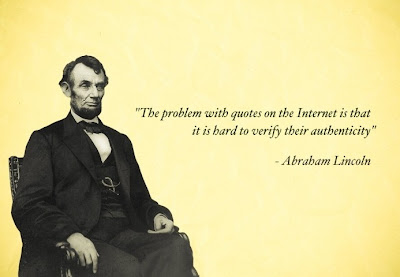
After a While
Veronica A. Shoffstall (1952-2024)
After a while, you learn the subtle difference between holding a hand and chaining a soul, and you learn that love doesn’t mean leaning and company doesn’t mean security. And you begin to learn that kisses aren’t contracts and presents aren’t promises, and you begin to accept your defeats with your head up and your eyes ahead with the grace of a woman not the grief of a child and you learn to build all your roads on today because tomorrow’s ground is too uncertain for plans and futures have a way of falling down in mid-flight. After a while you learn that even sunshine burns if you get too much so you plant your own garden and decorate your own soul instead of waiting for someone to bring you flowers. And you learn that you really can endure that you really are strong and you really do have worth and you learn and you learn with every goodbye you learn.
Note on authorship:
For some reason, the Internet long ago started attributing a Spanish variant (it’s different enough that I hesitate to call it a translation) of this poem, “Con el tiempo,” to Jorge Luis Borges. The oh-so-erudite singer Bono even read some lines aloud on a Mexican TV show, attributing it to Borges (who he also erroneously said was Chilean). Even more embarrassing, Borges’s home city of Buenos Aires decorated a subway station wall with a poster featuring some lines from “Con el tiempo” followed by the great writer’s name. Never mind that it doesn’t appear in any of the many books he published, and that it is nothing like his usual style. Or that the poem has distinctly modern sensibilities about love and relationships, and seems to have started showing up in Google Books circa 2012. Rather than letting the mistake fade into obscurity, several sites have doubled down, alleging that Ms. Shoffstall translated the poem and copyrighted it as her own. Or if it wasn’t by Borges, they claim, it was by his translator and the poem has existed since the 1940s. (I’m not going to legitimize said sites by linking there.) I don’t pretend to understand this impulse to bend reality to prop up a myth. The poem sounds like it was written by an amateur poet, probably a young person, probably an American, probably in the later part of the 20th century, and that’s because it was. Veronica Shoffstall wrote this poem at age 19 in 1971, published it in a yearbook, and soon the poem was separated from her name. In the 1980s, Ann Landers initially began running it in her columns as “Comes the Dawn” without attribution, and Veronica successfully proved her authorship and copyrighted it. Readers would mail in requests for Ann Landers to re-run the poem (this was how you got printouts before home computers, kids), and Ann did so with attribution to Veronica (see the image attached to this post). The poem resonates with people, which is why I’ve included it on this site. The fact that it was written by a young woman who was not a professional poet and who was from New York (not Argentina) shouldn’t diminish anyone’s appreciation of it. Veronica, according to her obituary, led an interesting life working for the Baha’i community’s United Nations office and was involved in publishing a magazine and later a newsletter. This poem may have been her poetic one-hit wonder, but it’s left a mark on the world.


You must be logged in to post a comment.